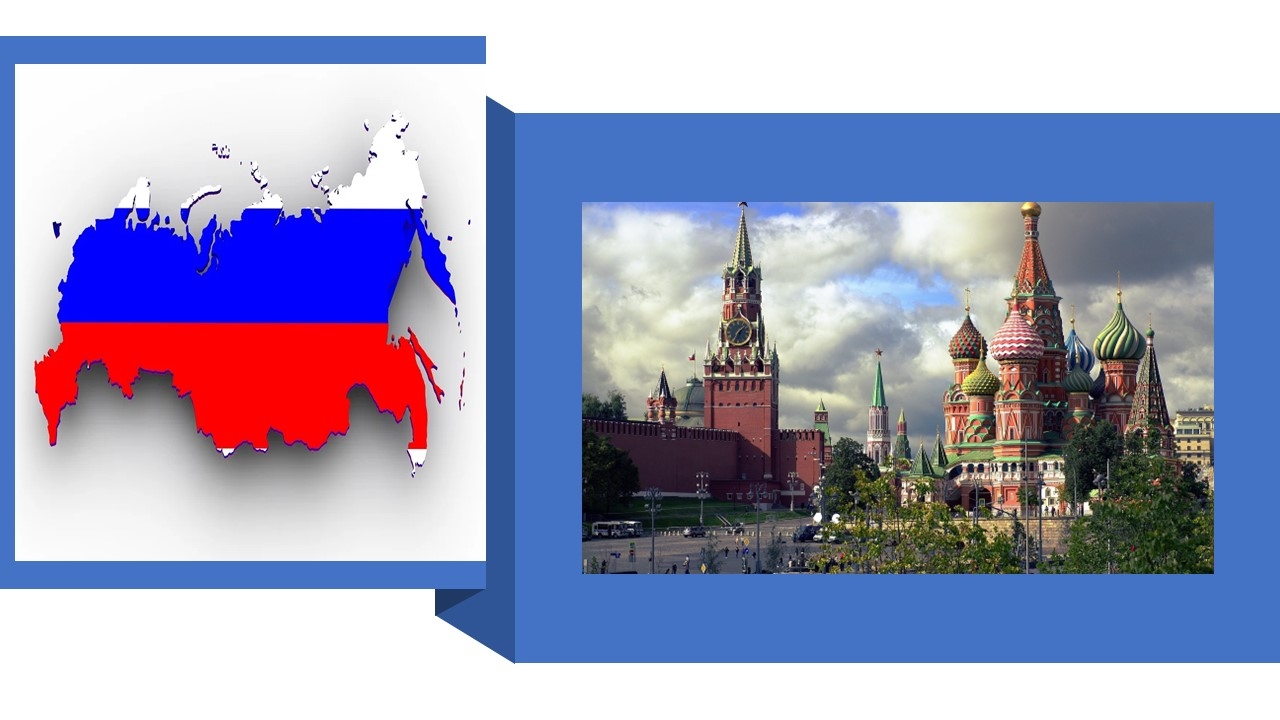Idlib and Afghanistan – analysis of failure and change
Ensuring Socio-economic JusticeCrescent International
Safar 28, 1443 2021-10-05
Daily News Analysis
On September 29 Washington based publication al-monitor.com reported about ongoing tensions between two Wahhabi militias in the Syrian province of Idlib.
According to al-monitor, al-Qaeda-affiliated Hurras al-Din voiced its dissatisfaction about harassment and imprisonment of its members by another al-Qaeda-affiliate, Hayat Tahrir al-Sham (HTS).
The fact that these militias are fighting one another should not be surprising to anyone by now.
Rooted in the pseudo-intellectual tradition of the Saudi regime’s misunderstanding of Islam - takfir and petty politicking, camouflaged as religious discourse, are hallmarks of all organizations affiliated with pontifications of Muhammad ibn Abdul Wahab and Riyadh’s pseudo-scholars.
Idlib remains the last patch of territory in Syria where Wahhabi militias exercise control. Mainly due to a political agreement between Russia and Turkey.
There are multiple militias running around in Idlib and claiming to be the representatives of “pure Islam” and who supposedly have solutions to many problems facing the Muslim World.
The reality could be no different.
Broadley speaking, multiple Saudi and NATO backed Wahhabi militias put together to destabilize Syria share the same ideological and theological framework. Yet, these movements cannot even accommodate one another, come to elementary agreements on how to engage with one another or fairly treat their supporters, let alone run a territory in a functional manner.
After years of political, military and economic patronage from Turkey, Qatar and the Saudi regime, one would imagine that by now, the Wahhabi militias in Syria would politically mature or at least learn basic politicking skills.
This did not happen and will never happen.
Organizations affiliated in any shape or form with the Saudi regime and its Wahhabi trend were cultivated in West Asia by the British empire and today by NATO regimes, as leverages of destabilization, nothing more.
In contrast to Idlib, in Afghanistan, the Taliban movement which for decades was being presented by the corporate media as a marginal group, with no political appeal, managed to foster broad ties and agreements with various socio-political factions in the country and relatively peacefully regained power.
The contrast of the situation in Idlib and Afghanistan should be a point of reflection for the indigenous socio-political groups in the Muslim world.
In-depth analysis of the Idlib and Afghan theater shows that real agents of real change in West Asia cannot be socio-political organizations enjoying patronage of NATO regimes and their strategic allies.


